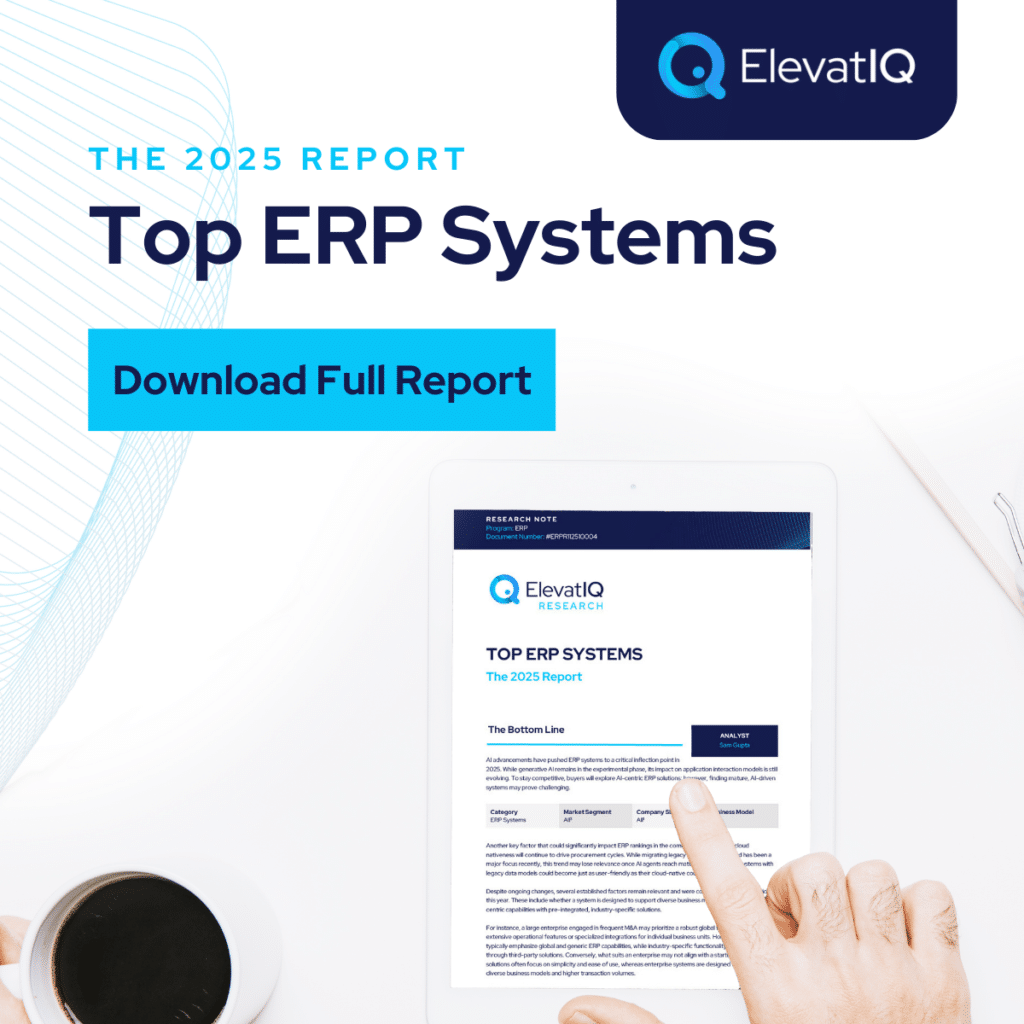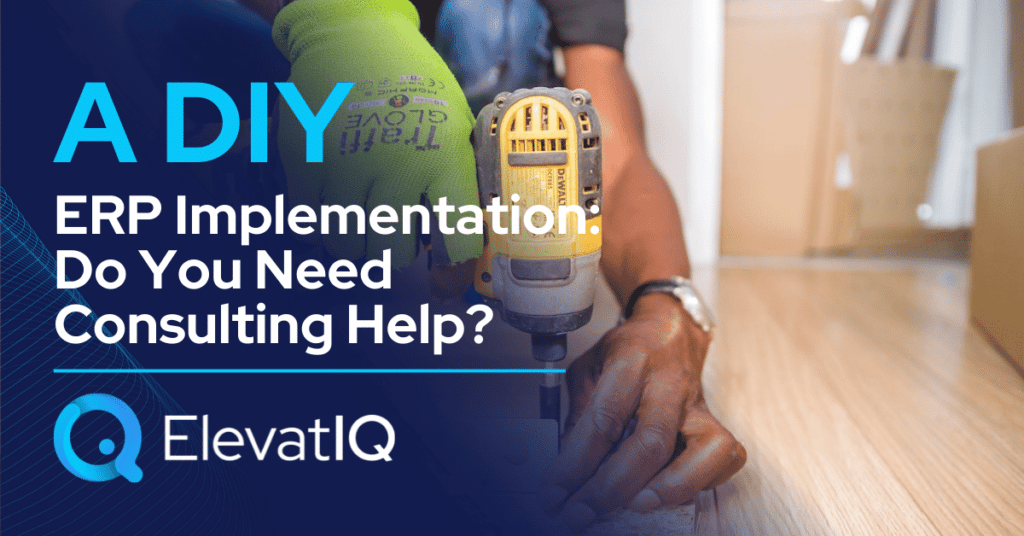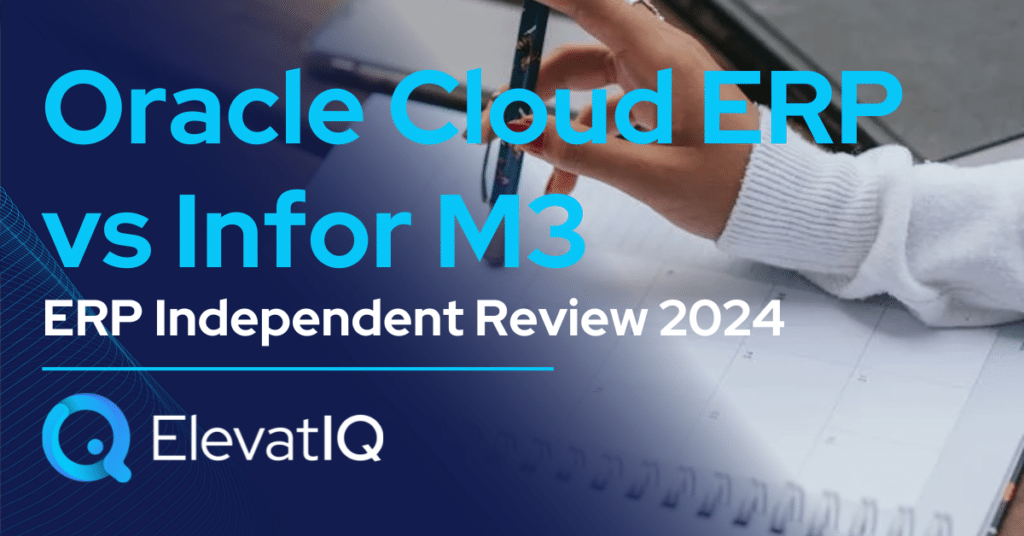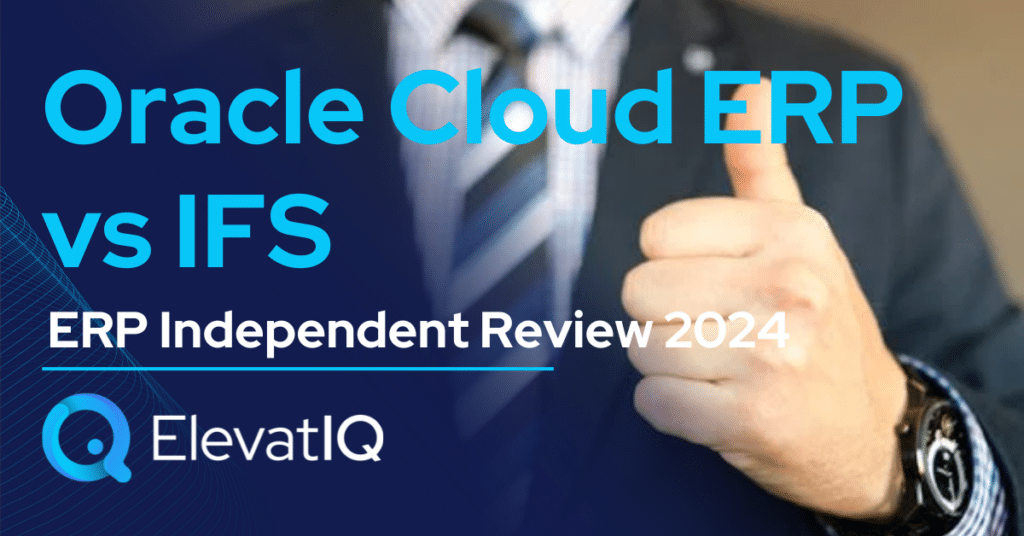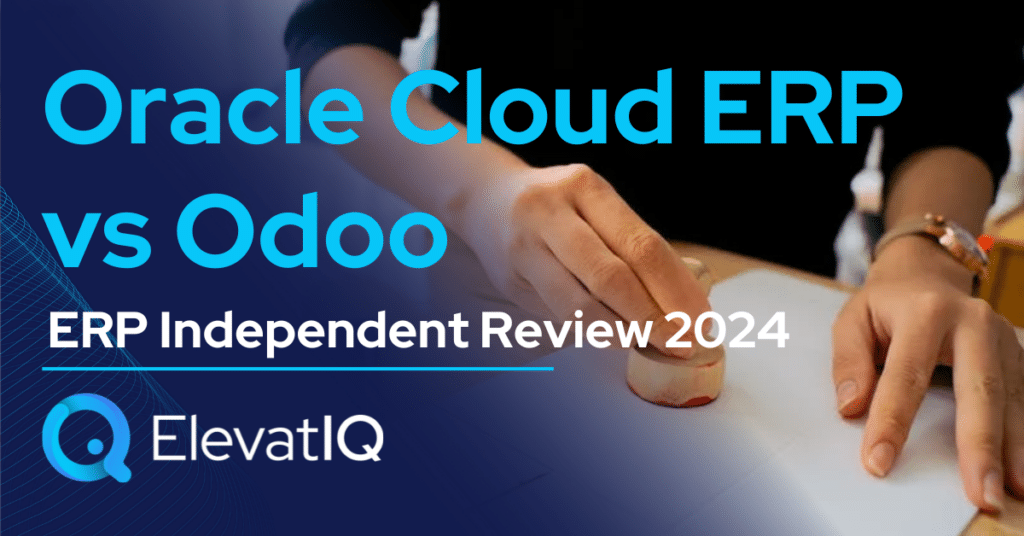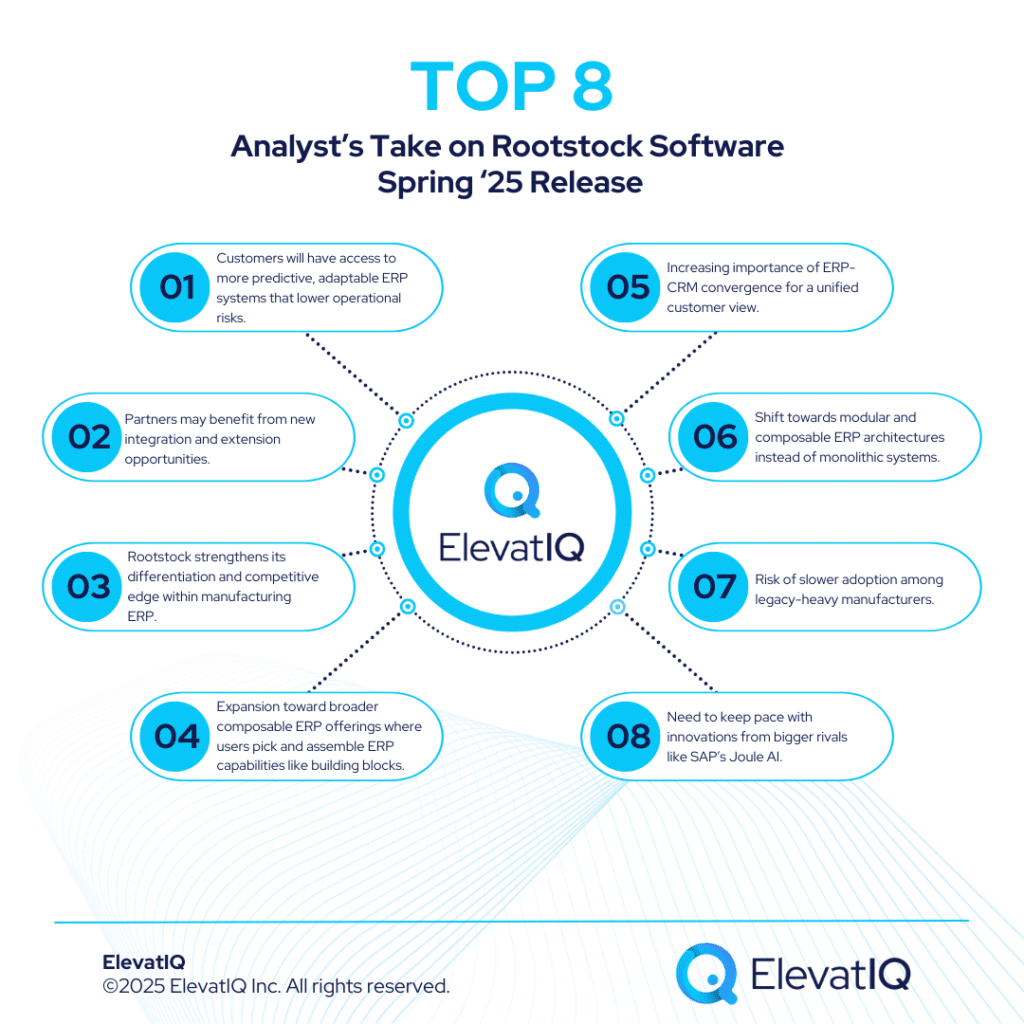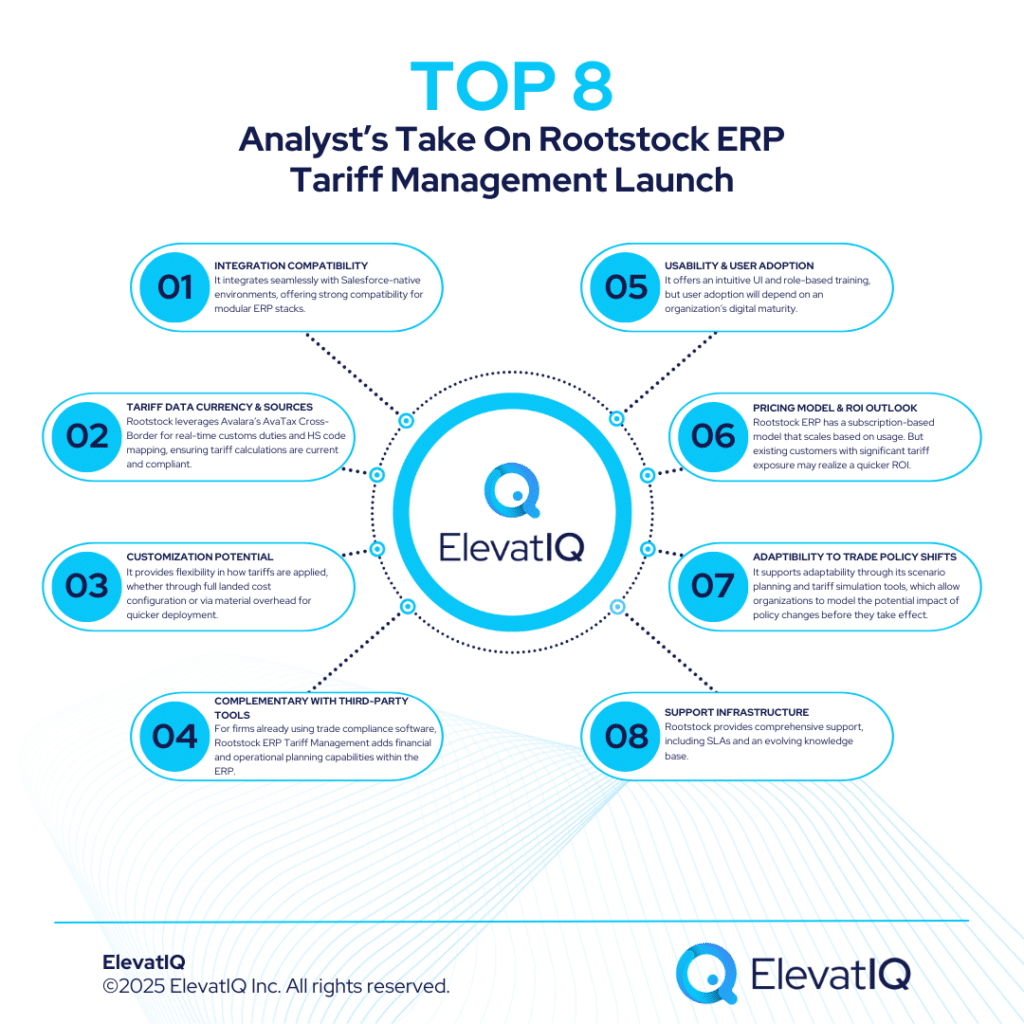Last Updated on March 26, 2025 by Sam Gupta
As an ERP consulting company, we often need to demonstrate our value. We come across two sets of potential customers. The first group is entirely on board with the reason why an ERP implementation requires consultants’ help. On the other hand, the second group is slightly adventurous with their preference for a DIY ERP implementation.
This article will help you understand why DIY ERP implementation isn’t as economical as it appears.
Briefly About the ERP Implementation Process
If you are not familiar with the ERP implementation process, the process will start once you finalize the ERP product and the ERP consultant. The ERP implementation project effort could be a couple of weeks or months, depending upon your processes’ complexity and automation goals.
For the sake of simplicity, let’s take an example of a simple ERP project. Most ERP projects would start with the requirements workshops. The workshops will follow rounds of testing once the consultants have completed the configuration, finally, the data load and go-live.

Requirements Phase
During requirement workshops, the ERP consultant may follow a series of configuration checklists. Most information they require would have interdependencies. The checklists will help you stay on track as you identify foundational elements. They will also help you identify the dependent data needed to construct the whole solution.
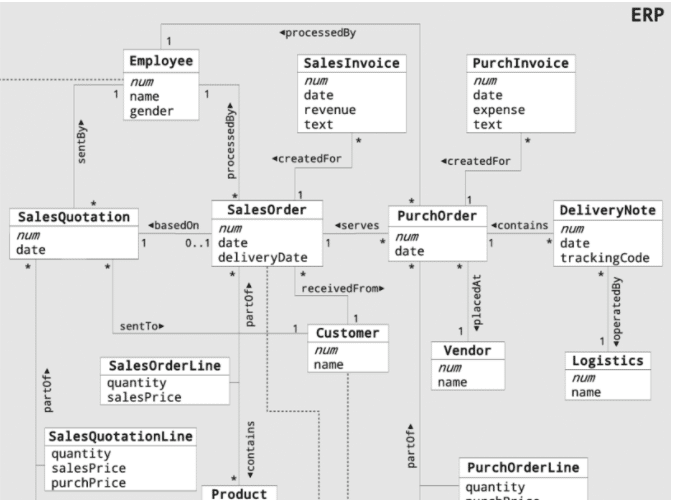
For example, before they could configure vendors, the payment terms need to be set up in the system. Similarly, before they could set up the payment terms, the ERP system needs to have a chart of accounts.
The process of mapping these data objects’ dependencies makes the ERP implementation project challenging. Also, even if you have mastered other ERP solutions, the new ERP solution will still have a learning curve. Each product follows its design and data model.
Without access to ERP consultants and checklists, the DIY ERP implementation process may not be as organized.
Construction and Testing Phase
After the requirement workshops, your ERP consultant will configure the solution. They will then test it as per their understanding of your business processes.
Once the ERP software has enough details configured to perform transactions, the consultant might release the ERP system for you to test. The transactions could include creating a sales order or entering a bill.
As you make progress with your ERP implementation, they will configure appropriate security levels and personalize it for each user.

Data Load and Go-Live Phase
Once you have tested the configuration data, the ERP consultant will upload the other datasets, such as vendors or customers. You will then run the final tests before going live.
Your ERP consultants will expect you to take ownership of the project with their technical or product support. They might walk you through the pros and cons of each decision, but they will rely on you to make decisions after getting consensus from your team.
Your roles and responsibilities during an ERP implementation
While your overarching role is to own the ERP project and make critical business decisions, your team will still share 50% of the project’s responsibilities.

ERP Implementation is a partnership
Requirements Phase
During requirement workshops, your role is to gather details needed to set up in the ERP system. This exercise will require discussions with your internal team to accommodate their current and future needs.
For example, in the old ERP system, especially if you had disconnected processes, your AP team might use six different payment terms. In contrast, your Account Receivable team may use four of them. When you finalize these details, you need to develop a standard solution after discussing it with each relevant stakeholder.
If some of your processes were paper-based, you might need to gather these details by looking at previous invoices and orders. This comprehensive research will ensure that the new system will handle all of your business scenarios.
Suppose your old system is a smaller accounting system, such as QuickBooks, without enough relational controls built to ensure data consistency. In that case, you may need to cleanse your data before your ERP consultant can import it.

Construction and Testing Phase
Once the system has enough data to perform transactions, they will expect you to write test cases with their support. You will then test the system and report any issues.
After they fix the problems, you will need to test again to ensure the fixes are resolved. You might also need to test for each user role to ensure that they have appropriate privileges.
Data Load and Go-Live Phase
To keep the consulting costs low, you may want to choose a train-the-trainer approach. This approach assumes that you will train your users while the ERP consultant helps you or a couple of crucial users from your side.
This method ensures that you get an immersive experience with the product before going live on the new ERP system. It will also guarantee that the new ERP system’s knowledge doesn’t become a barrier to running your business.

Your consultant’s role during the ERP implementation process
Requirements Phase
During the requirement workshop phase, the ERP consultant will walk you through each detail, what they need, and in which structure. They will also address any questions you might have related to any specific data set.
Once you provide enough details, they might create a blueprint document listing all your processes. The document will capture both your as-is and to-be processes.
Once you both agree on the details and before they start configuring them, they might ask you to sign off on the design document.
Construction and Testing Phase
After completing the configuration, they will conduct multiple sessions with you to review the new system’s business scenarios. You will also be testing along to become familiar and ensure that it satisfies your needs.
In parallel, the development team might work on developing forms and reports as per your requirements. They might also work on integrating any external systems such as EDI or e-commerce.
Data Load and Go-Live Phase
After they finish testing the master configuration of your ERP solution, your consultant will upload all of your data (such as vendors, customers, and items). You will then need to perform the final rounds of testing before going live.
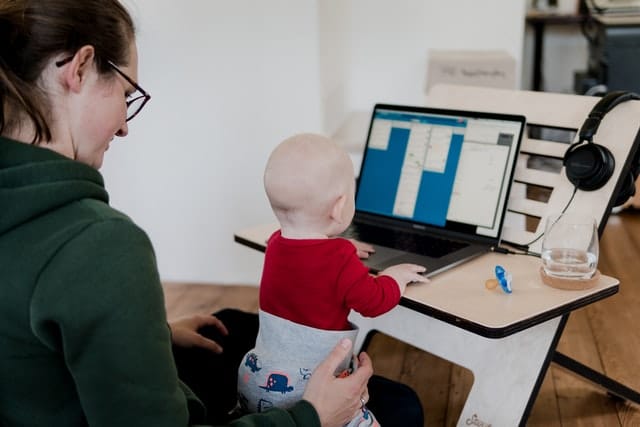
You need to own your ERP implementation.
The ERP consultant will support you with any issues your team might experience after going live for a couple of weeks. They might also provide support during your first month close. However, you will be responsible for managing your live ERP solution and ensuring your users’ success.
The risks of DIY ERP Implementation
While ERP software might appear easy on the surface, the relational dependencies between business objects make it harder to learn and implement. Identifying each of these dependencies and structuring them to fine-tune the ERP solution for specific needs is an art.
In addition, ERP products follow a hierarchy of different data objects, such as pricing and discounting rules. While these hierarchies provide appropriate control and flexibility to the system, they require years of expertise before you can debug issues in an ERP system.
Unless you have years of experience with the new product, taking the DIY approach may end up being more expensive.
The Consequences of the DIY ERP Implementation
Before taking the adventurous path of DIY ERP Implementation, you may want to review the following consequences associated with this approach.
- More Expensive. Your users may not be able to perform the transactions due to the system’s misconfiguration. They may get unknown errors that might require more consulting time later to debug and fix.
- Inefficient Solution. Since your team may not be familiar with the product’s best practices and design guidelines, your processes could be counterproductive.
- Waste of your License Money. You might end up wasting your money as you might not be able to go-live on the product. The ERP consultant might end up charging more, as they may need more time to clean up the misconfiguration first.
- Longer Implementation Time. The lack of training of your team may lead to them taking more time to implement the solution. Ignoring the opportunity costs, you will pay for the software license unnecessarily for the time you can’t go live.
- System Adoption Issues. If your users can’t perform their duties smoothly on the ERP system, they might not use it at all. They might also avoid entering your crucial business data. Without this essential data, your planning may not be accurate, causing issues during your production runs and order fulfillment.
Conclusion
Implementing a fully integrated ERP system may appear easy on the surface. In reality, though, it requires you to thoroughly understand the data model and best practices.
The ERP system has more settings than a typical machine on your production floor or in your warehouse. As with your machines, you need to calibrate your ERP systems to get optimum results from them. Only certified technicians with implementation experience can help you get the optimum results from your ERP purchase.
